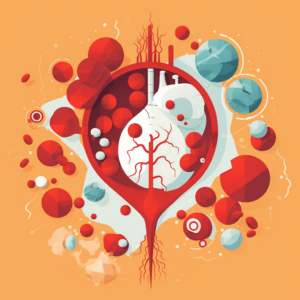
Sedentary lifestyle
is a type of lifestyle with no or irregular physical activity. A person who lives a sedentary lifestyle may colloquially be known as a couch potato.
The following facts were found in my ISSA certification booklet. Found these to be very interesting so I wanted to share:
- Inactivity and poor nutrition results in at least 300,000 deaths per year in the United State.
- Adults who have a sedentary lifestyle are at greater risk of dying of heart disease, and developing diabetes, colon cancer, and high blood pressure.
- Greater than 60% of U.S. adults do not engage in the recommended amount of daily physical activity.
- Approximately 40% U.S. adults aren’t active at all.
These stats don’t look so good. The overall health and fitness levels of this country are deteriorating. Inactivity, obesity, depression, reliance on medications are all part of the same web. Once people start to compromise and make excuses a vicious cycle emerges.
People also want the easy way out of things. This is especially true for injuries and health concerns. Quick fixes and pills are always sought after, but proper nutrition and adequate exercise can deliver astounding results.
- Allergies – Exercise is one of the body’s most efficient ways to control nasal congestion.
- Anxiety – Exercise triggers the release of mood-altering chemicals in the brain.
- Arthritis – Exercise helps produce synovial fluid and distribute it over cartilage and throughout the joint space
- Back Pain – Exercises helps to strengthen abdominal, lower back, and hamstring muscles to help support the lower back.
- Cholesterol – Exercise helps to raise good cholesterol (HDL) and lower bad cholesterol (LDL)
- Depression – Exercise helps speed up metabolism and deliver more oxygen to the brain. Improved oxygen and circulation tends to improve ones mood.
- High Blood Pressure – Exercise reduces the level of stress-related chemicals in the bloodstream that constrict arteries and veins.
- Knee Problems – Exercise strengthens the muscles that surround and support the knee. Bigger muscle means less work for the tendons, joints, and ligaments.
- Menstrual Problems (PMS) – Exercise helps control hormone imbalances often associated with PMS by increasing the release of beta-endorphins.
- Obesity – Exercise increases metabolic rate, burns fat, increases lean muscle and improves self-esteem.
And the list goes on and on. There as so many benefits to exercise and not following a sedentary lifestyle. So in closing, if you want to life a long and healthy life, you need to exercise. If you have a health condition or injury, don’t just give up, find out how exercise can benefit you and your current situation.




